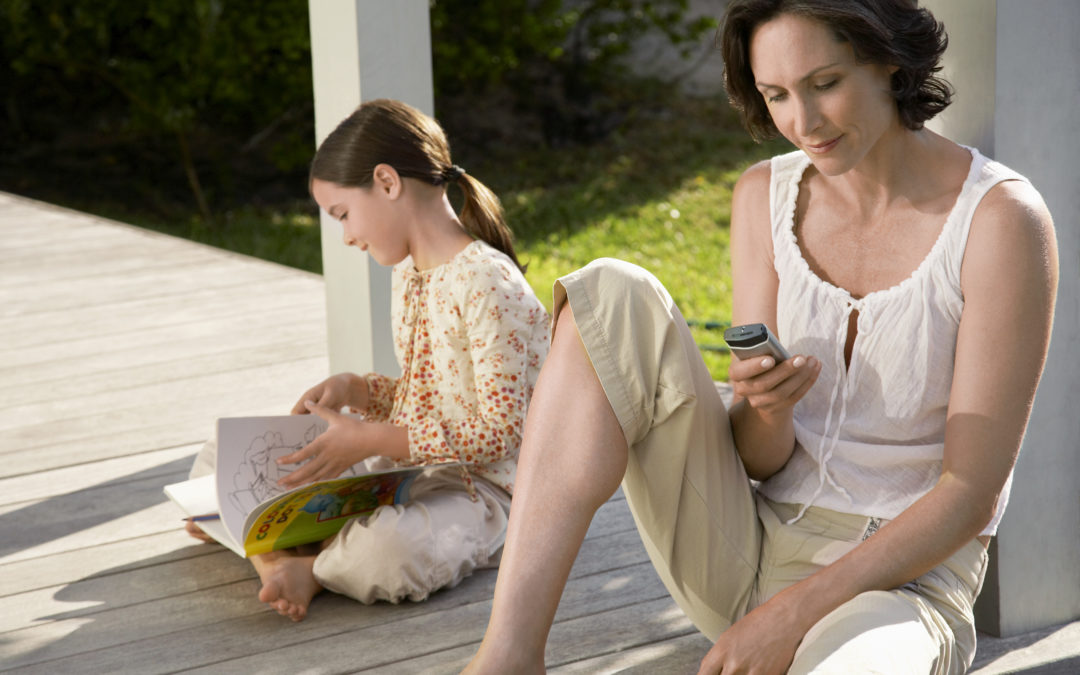Those of us who have had the experience of being a caregiver can tell you that there is a vast array of emotions that are inherent in this role. They vary from day to day, and sometimes minute to minute. In some ways that is the most challenging aspect in the job description of caregiver. It is something that is difficult to control or manage.
We feel guilt for time away from other family members or our worsening performance at work. We feel sadness and grief as we see a loved one slipping away due to medical issues while watching them lose their independence. There is a feeling of pride when we help a loved one to maintain a higher quality of life. Other emotions include fulfillment, anxiety, helplessness, depression, fear, love, admiration, and sadness. The list is long and extensive but there is a universal sense that many caregivers feel a wide spectrum of these emotions throughout their caregiving experience.
All of us are potential caregivers. Most of the time caregivers are women. The majority of caregivers are balancing this role with a full-time job and family of their own. Given these parameters, we need to be realistic about what our self-expectations are. What do caregivers need to know about coping with this emotional stew that emerges from their role as caregiver?
- Acknowledge that in your role as a caregiver you will feel a wide range of emotions. Give yourself permission to have these feelings. Some days will be more challenging, more frustrating, and physically and emotionally demanding. Other days will offer moments of intimacy, clarity, and closeness that will fill your heart and strengthen your relationships.
- Don’t be angry at yourself on the bad days. That will make it more difficult for you to cope.
Conflict is a normal part of the human experience. In a caregiver relationship, these moments will arise and new boundaries need to be explored and solidified. The medical condition of the person you are caring for can cause changes in their body and mind that will alter these boundaries. Try to understand this and incorporate it in your caregiver role.
- Understand that your feelings about the person you are caring for before they needed help impact by your caregiver role. The relationship you had with the person you care for before you were a caregiver is there in your new caregiver role. If there was conflict prior to your becoming a caregiver there is a good chance that will re-emerge with more intensity given the increasing demands of caregiving. Even in instances of close and loving relationships, there will still be moments of ambivalence. Research shows that the majority of spouses who become caregivers experience anxiety and depression in this new role.
Prepare yourself your this roller coaster of emotions in your role as caregiver. Don’t harshly judge yourself on the bad days. You don’t need to feel guilty for having these feelings. It is a universal experience for all caregivers. Stay in tune with your feelings. If you are having a tough time thinking about getting someone else to offer respite care. Also, consider connecting with other caregivers via caregiver support groups or in online caregiver chat groups. It is helpful to hear the experience of other caregivers. It helps to know that you are not alone. You may also find they can offer tips from their own experience that can enhance your caregiver relationship. You do not have to ever feel alone.
LEARN TO LOVE YOUR LIFE AGAIN
 Do you feel like you need to hit the REFRESH button on your life? Download our free guide and begin to create your best life yet!
Do you feel like you need to hit the REFRESH button on your life? Download our free guide and begin to create your best life yet!



